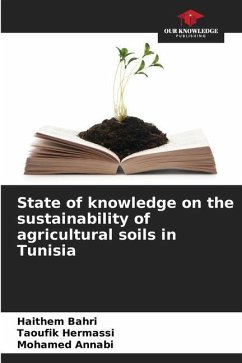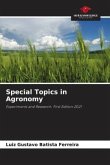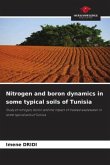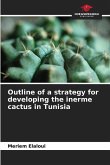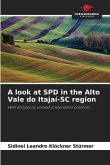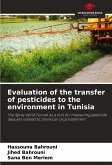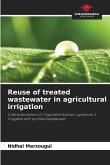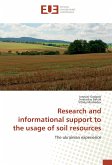In Tunisia, water erosion is a complex phenomenon that affects agricultural land mainly in the north of the country. This phenomenon is a threat to the sustainability of grain production levels in Tunisia through the loss of soil resources. The agricultural land affected by water erosion is estimated at nearly 3.5 million hectares, more than half of the useful agricultural area. Hence the interest in limiting the damage and this through water and soil conservation techniques and also innovative and sustainable practices and cropping systems. In Tunisia conservation agriculture was introduced in 1999 on sloping plots to reach 14,000 ha in 2015. Since its introduction in Tunisia, conservation agriculture has shown a positive effect on improving soil resistance to water erosion, mainly in the north of the country. However, this system is facing some adoption problems mainly socio-economic.
Bitte wählen Sie Ihr Anliegen aus.
Rechnungen
Retourenschein anfordern
Bestellstatus
Storno

